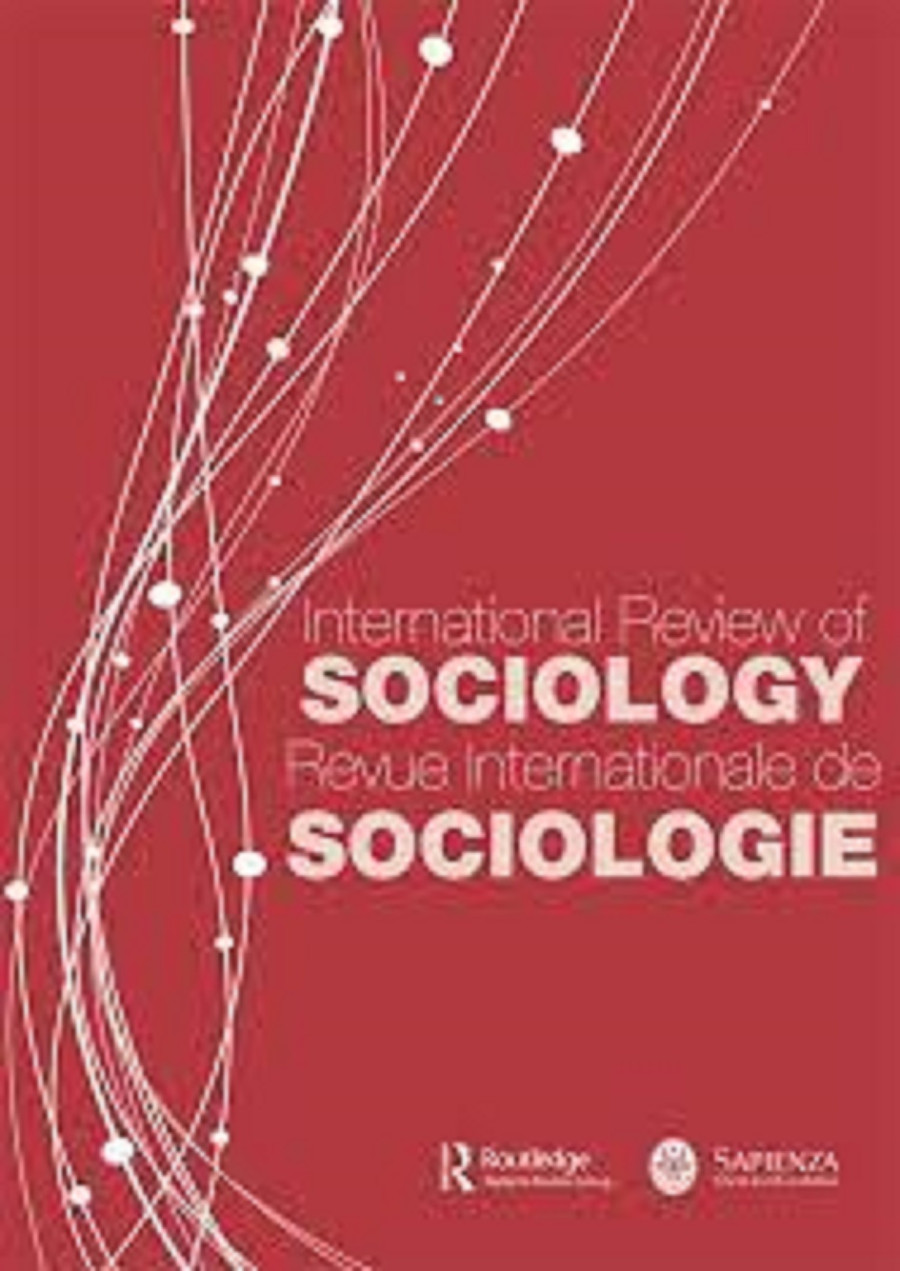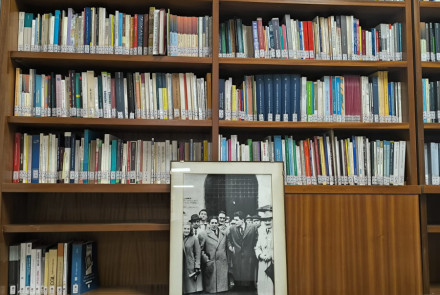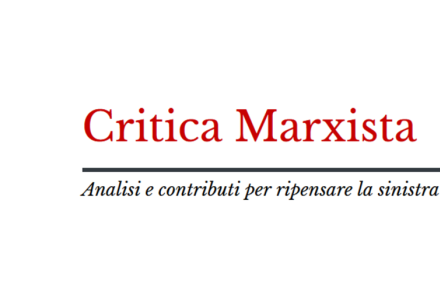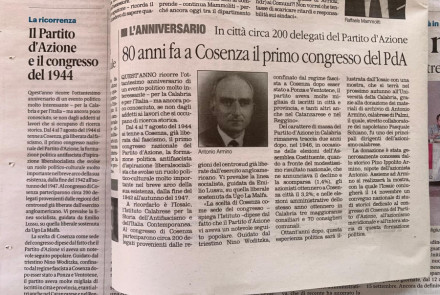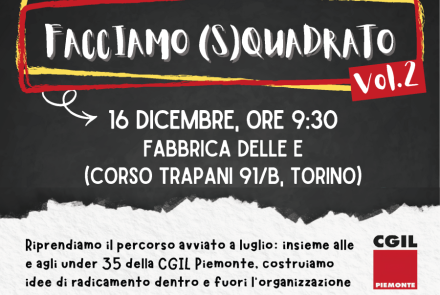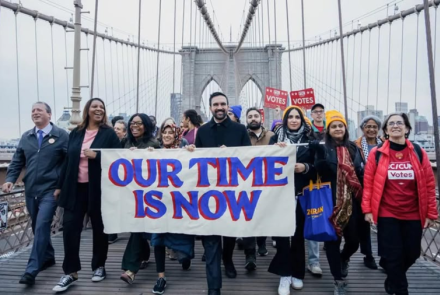When school “stayed home”. La scuola restata a casa
Su “International Review of Sociology” sono stati pubblicati i risultati dell’indagine “La scuola restata a casa”, rivolta ai docenti delle scuole dell’infanzia, primaria e secondaria, in merito alla didattica a distanza attuata durante la fase emergenziale della pandemia di Covid-19. L’indagine è stata promossa e condotta dalla FLC-CGIL (Federazione Lavoratori della Conoscenza), in collaborazione con la Fondazione Giuseppe Di Vittorio.
Riferimenti dell’articolo:
Fabrizio Pirro, Emanuele Toscano, Daniele Di Nunzio, Marcello Pedaci, 2022, When school ‘stayed home’. A sociology of work approach on the remote work of teachers during the lockdown for the COVID-19 pandemic: the case of Italy, International Review of Sociology. DOI: 10.1080/03906701.2022.2139575
Link all’articolo:
https://www.tandfonline.com/doi/full/10.1080/03906701.2022.2139575
Abstract:
To contrast the COVID-19 pandemic crisis, ‘home-schooling’ was adopted in most countries and the issue was studied in considering the effects of the crisis on educational and digital inequalities, and on families and gender relations. Nevertheless, very few studies have looked at the working conditions of teachers in this very atypical framework. This paper presents results from a survey with the aim of investigating these conditions, following the sociology of work approach. The survey was promoted by FLC-CGIL (the federation of knowledge workers of the main trade union in Italy), realised by a research group composed of researchers from Fondazione Giuseppe Di Vittorio, Università di Roma ‘La Sapienza’, Università Guglielmo Marconi, and Università di Teramo and was carried out in Italy using the CAWI technique during the first national lockdown (between April and May 2020). We present results about two specific issues: (1) the ways the new pandemic framework was organised, and (2) its consequences on the quality of work and living conditions of workers. Regarding the first issue, we found variations in accordance with different management styles and decision-making approaches. On the second issue, we found worsening working time, workloads and work-life balance given the absence of a clear regulation.
Rapporto completo:
Per un’analisi complete dei risultati, si può fare riferimento al n. 2/2020 della collana “Working Paper” della Fondazione Di Vittorio.

